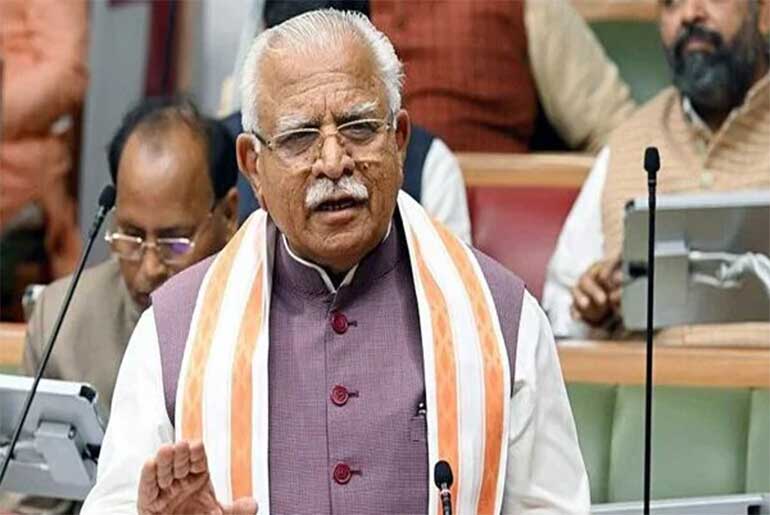Union Power Minister Manohar Lal emphasized the importance of promoting renewable energy alongside energy storage systems to ensure a reliable power supply.
Under his chairmanship, the Ministry of Power held a high-level consultative committee meeting. Minister Lal reiterated India’s commitment to reducing the emissions intensity of its GDP by 45% by 2030 from 2005 levels and achieving 50% cumulative installed capacity from non-fossil fuel-based energy resources by the same year.
He said “renewable energy (RE) should be promoted, coupled with energy storage systems in order to ensure reliability of supply of power for storing excess energy available from RE sources to be used at other times of the day.”
As Lal pointed out, the ministry has undertaken numerous policy measures to stimulate the use of energy storage systems, and it puts the focus on enforcing Resource Adequacy and the need to establish the power generation capacity tie-ups.
Speaking in one of the most extensive programs on BESS globally, he pointed out that 43 GWh Battery Energy Storage Systems (BESS) are facilitated under the Viability Gap Funding Scheme (VGF) of the Ministry of Power.
BESS VGF schemes are marked with financial aid of Rs 9,160 crore. BESS projects that are commissioned before June 2028 have all Inter-State Transmission System (ISTS) charges waived.
As noted, Hydro PSP (Pumped Storage Plant) is concerned in that there is already an installed capacity of 6.4 GW in India. The PSP potential of India is over 200 GW. Currently, there is almost 8 GW of construction, as well as 61 GW of planning and development.
The committee members were lamenting the usefulness of the VGF scheme in ensuring reliability of the supply of power, storing unscheduled power when available at wind and solar energy sources to be used at other hours of the day, and supplying power to consumers by undertaking works of distribution infrastructure.
He ordered authorities to act in accordance with measures to implement the suggestions given by the members of the consultative committee and underlined the need to make sure that consumers receive a stable quality power supply.
Minister of State of Power and New & Renewable Energy Shripad Yesso Naik highlighted “India’s remarkable achievement of reaching 50 percent of installed electricity capacity from non-fossil fuel sources—five years ahead of the 2030 target.”
He highlighted that though energy sources such as wind and solar have been pushing the need to move towards a RE based system, Energy Storage Systems (ESS) would become the backbone of a modern, flexible and reliable power system.
Naik again echoed the multipurpose value of ESS not only in generation but throughout the energy value chain, including generation and distribution of electricity, ancillary services and integration of EV into the energy grid.
He urged every stakeholder to join the cause of creating a resilient, affordable, and sustainable energy future for India.
Shripad Yesso Naik, Minister of State of the Ministry of Power and New & Renewable Energy; Members of the Consultative Committee on Power of Lok Sabha and Rajya Sabha; senior officials of the Ministry; CPSUs; and experts of the Central Electricity Authority (CEA) attended the meeting to discuss India energy storage roadmap and energy security in the future.



